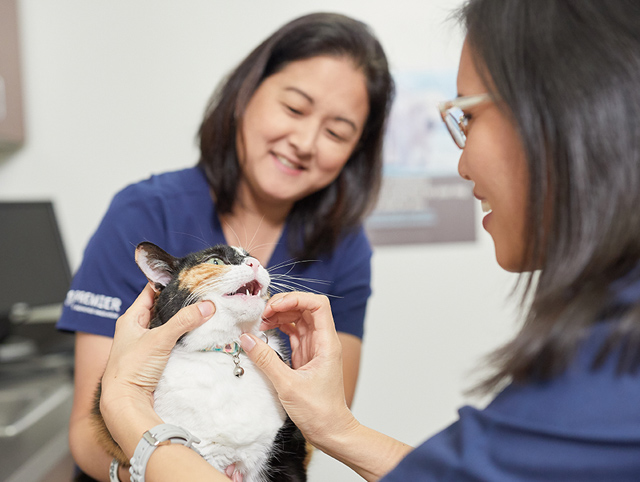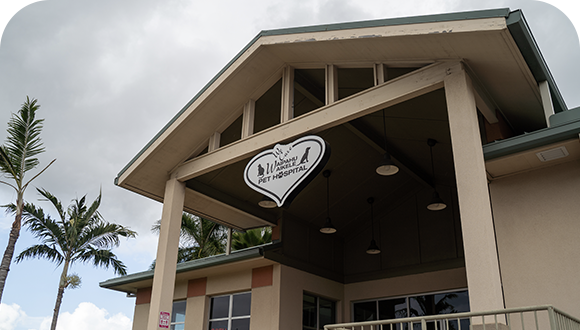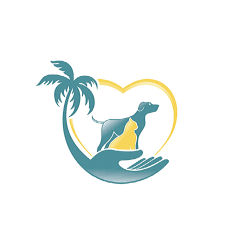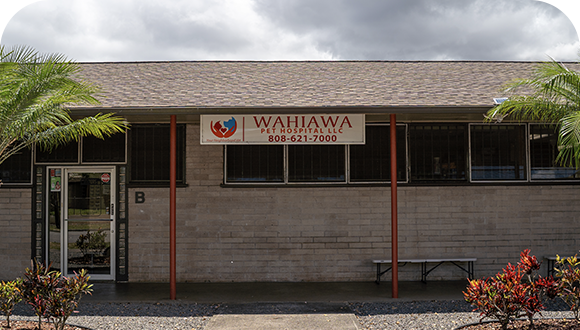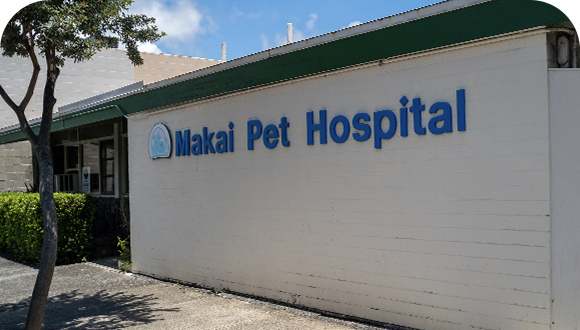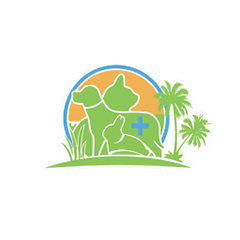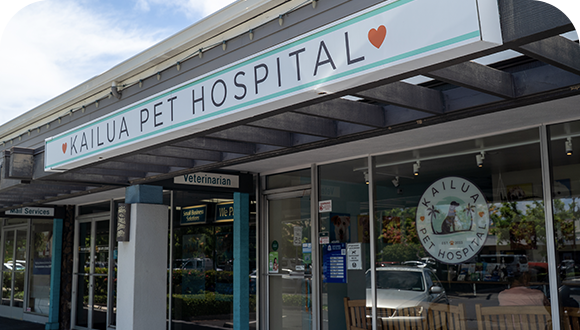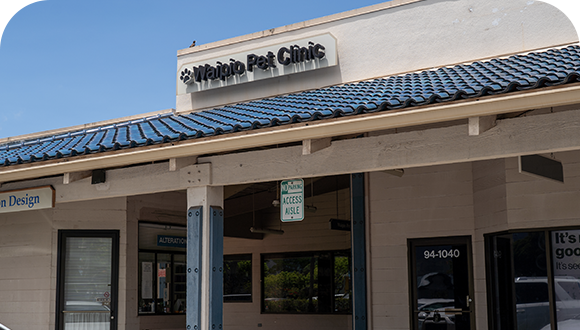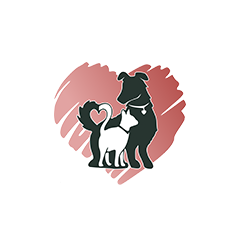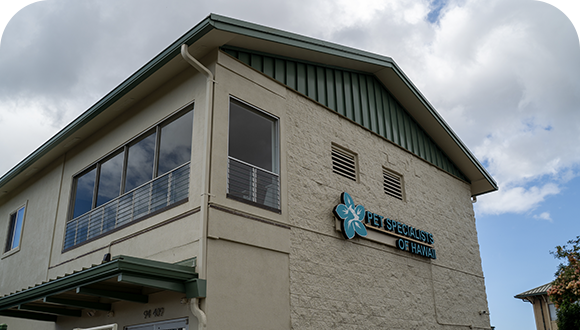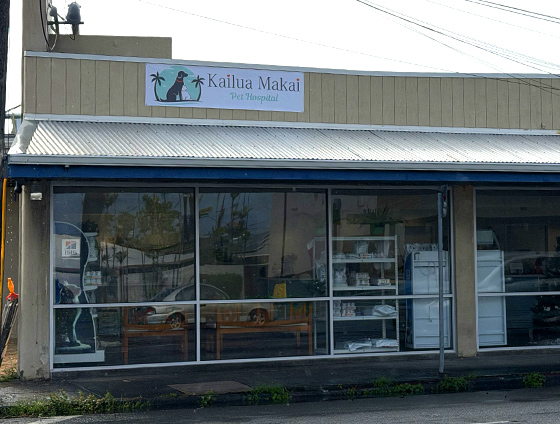June is National Zoo & Aquarium Month, and there is no better time to visit these habitats to learn about the fantastic animals and the vast team of caretakers and scientists who support them. Zoos & aquariums are vital to the lives of many animals. Read on to learn more.
Care, Conservation, Education
These facilities help protect animals that are vulnerable in the wild for various reasons. They play a vital role in helping to preserve numerous exotic species that are on the brink of extinction. In addition to protecting and providing food and shelter for the animals in their care, zoos and aquariums serve as research centers for:
• Improving health and wellness
• Treating diseases in different species
• Studying animal behavior
• Improving husbandry
• Educating the public
• Reintroducing animals into the wild
• Saving animals from extinction
The Association of Zoos and Aquariums is a non-profit organization with hundreds of member facilities around the world. It monitors their practices to ensure they meet the highest standards of animal safety and welfare.
Visiting Zoos and Aquariums
Visitors are essential for helping these facilities achieve their goals, and conversely, these facilities influence the public to value preserving wildlife and the biosphere. Revenue generated from zoo and aquarium visits contributes to helping the animals in their care. In exchange, visitors receive a first-hand account of the particular habits, quirks, and contributions of other living creatures and why they matter.
WHAT TO DO WHILE VISITING
Zoos or aquariums are great places to have family outings or dates. They can also offer a peaceful getaway from the activities of everyday life. Remember these essentials tips to have an enjoyable experience:
• Choose a quiet time. If you have kids or do not enjoy moving through crowds, plan your visit during non-peak hours. You will have a much easier time seeing and hearing the inhabitants, and any pictures you take are less likely to be photobombed.
• Wear comfortable clothing and shoes. Most visits take approximately two hours, and much of that time involves walking. Wear comfortable shoes to move through the grounds with ease. Dress in layers to help adjust your body temperature to the different microclimates you may encounter throughout your visit.
• Bring healthy snacks. This is especially important if you are accompanying small children who require frequent sustenance. Just be sure to avoid too much sugar, which could leave you chasing after overly stimulated toddlers, whom you will need to carry after they crash.
• Stop at the petting zoo. When you visit a zoo, you may hope to see the big cats, bears, and other animals that you rarely encounter. Unfortunately, they may not want to see you when you arrive at their location and may remain out of sight. Allotting time to visit the petting zoo will ensure you see and touch the tamest animals, which you also do not encounter in your daily life.
• Take pictures. You will undoubtedly enjoy exciting, beautiful, and intriguing sights during a visit to a zoo or aquarium. You will want to leave with memorable images, such as penguins enjoying mealtime or dolphins dancing around each other.
• Listen to the sounds. One of the most enriching and enjoyable aspects of visiting zoos and aquariums involves listening to the wide variety of sounds that the inhabitants produce. Closing your eyes to hear the cacophony of chirps, grunts, screeches, trumpets, squeaks, and other vocalizations will remind you that life on this planet consists of an orchestra of creatures, each with a single and common purpose.
WHAT NOT TO DO WHILE VISITING
With some advanced planning and care, you can ensure that you and the animals you visit in a zoo or aquarium have a safe and enjoyable experience. These are some helpful suggestions, though the facility you visit may also have recommendations:
• Do not smoke. Smoking is strictly prohibited to prevent adverse health consequences to animals living at zoos or aquariums.
• Do not offer food. Guests, especially children, may want to feed the animals, but this should not happen. Animals, such as those at the Maui Ocean Center, have access to food specific to their nutritional schedules and requirements. Food brought by visitors can disrupt animals' digestive systems. In some zoos, including the Honolulu Zoo, visitors can feed animals small quantities of food types that animal caretakers make available.
• Do not tease the animals. Remember that it is a privilege to observe the animals living in zoos & aquariums. Teasing the animals and engaging in other interactions and behaviors that could make them anxious or uneasy is strictly prohibited. Avoid making loud noises and sudden gestures or playing loud music.
• Do not tap on the glass or other barriers. Animals may perceive this as a threatening gesture and become frightened or agitated.
• Do not sit or stand on fences and railings. Keep behind established barriers to avoid injuring yourself and the animals or accidentally dropping something into the animals' quarters.
• Do not try to coax the animals. The purpose of visiting zoos and aquariums is to observe the animals behaving naturally. Unfortunately, there is always a chance that the animals may be sleeping or hiding when you arrive. If that is the case, move on to another environment. Yelling at animals to awaken, appear, or interact with you will upset them and not inspire them to behave as you would like.
Ways To Support Zoos and Aquariums
Zoos and aquariums play a pivotal role in supporting animal welfare, and they also deserve our support to fulfill their missions. Consider a monetary donation of any amount to help feed and shelter the animals, pay on-site caregivers, advance critical research, promote professional training programs, and educate the public.
Plan a personal or group outing to a nearby zoo or aquarium whenever possible. Learn as much as you can about the animals and their challenges and help spread the word. Ensuring the ongoing existence of the glorious creatures that share the earth with us and doing our part to protect and care for them makes us all better off.
This year, commit to learning more about animals during National Zoo & Aquarium Month and let Pet Hospitals of Hawaii recommend ways to keep the animal in your life happy and healthy.


